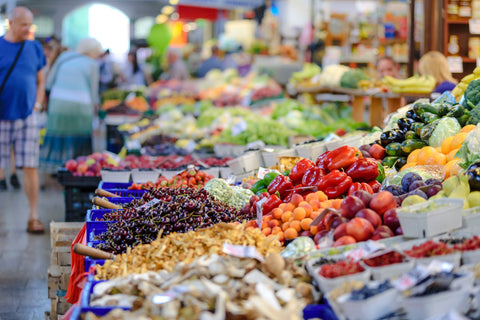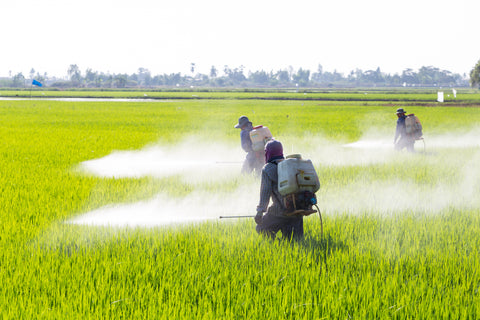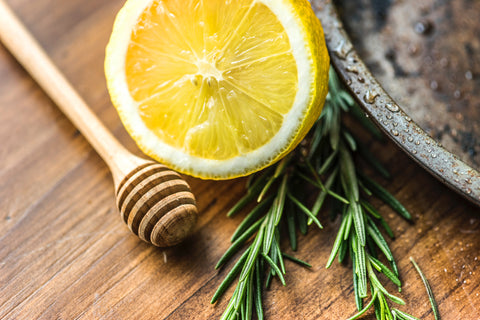What Does The Word Organic Really Mean In Food
When you go to the store, you may see products labeled “organic.” The word is often seen in cheese, eggs, milk and meat as well as single-ingredient foods. Certified organic means the product has not been injected with synthetic chemicals or ingredients, genetically engineered foods and irradiation.
Of course, organic is a term that’s a bit redundant. After all, all food is made up of organic chemicals. Any ingredient utilized in making organic food must be deemed safe. For that reason, more and more people have grown aware of how valuable organic foods are. It doesn’t matter if the food is lettuce, tomatoes, pineapples or chicken, healthier alternatives is a debate discussed over and over.
One of the nation’s fastest-growing segments is organic farming – organic gardening is far more than what you think and what it does. Organic sales have risen over 20 percent each year. The number of farm and acreage have increased exponentially, and so as the number of organic farmers. With commodity programs ending, farmers have learned that organic farming is a truly viable option for their enterprise.
Why Are Americans Choosing Organic Foods Over Non-Organic Ones
When it comes to today’s organic production systems, farmers cannot use traditional synthetic organic fungicides. Farms that produce non-organic milk are permitted to use antibiotic treatments, synthetic pesticides and genetically-modified cattle feed. However, there are numerous arguments that claim chemicals and hormones added to the milk will have detrimental effects and lead to by-products.
Americans have chosen to purchase organic foods because of the pesticides on produce, antibiotics in the poultry and the growth hormones cows are given.
Animals raised on an organic diet are not given antibiotics or growth hormones. Producers must give their livestock 100 percent organic agricultural feed products, but they must also give them mineral and vitamin supplements.
Still, the U.S. Department of Agriculture set up a national system for how organic food is labeled. According to those new federal rules, consumers are able to learn what products are organic – those grown without the use of fertilizers, herbicides or pesticides. Growers are permitted to use organic pesticides to overcome difficulties they may face.
Foods with a minimum of 70 percent organic ingredients are permitted to list the ingredients on the front of the package. Over 40 private and state entities will certify the organic food, but how they do this – their guidelines – can differ. This is why it’s sometimes hard to find out whether or not food is or is not really organic.
Are You Wanting To Become More Knowledgeable in Organic Produce?
Grab Our New E-Book Originally Organic & Discover Everything There Is To Know About Living Simply Organic Today. SPECIAL DISCOUNT: Use Discount Code 33OFF To Get 33% Off The E-Book...










